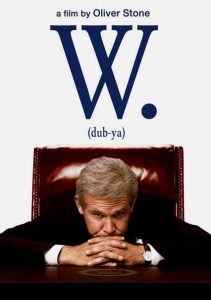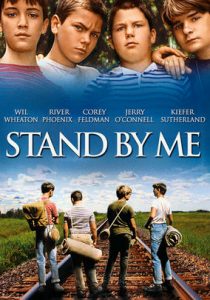The Graduate-1967
Director Mike Nichols
Starring Dustin Hoffman, Anne Bancroft
Top 250 Films #57
Scott’s Review #335
Reviewed January 9, 2016
Grade: A
The Graduate is an immeasurable success and highly influential comedy from 1967- a time when films were gaining creative freedoms and pushing the envelope in new, edgy ideas and risqué subject matters.
Almost scandalous at the time of release, the film holds up exceptionally well after all these years and remains fresh and cutting-edge.
It is slick, sophisticated, and quite funny, though peppered with dark humor.
Thanks to Dustin Hoffman and Anne Bancroft, the film succeeds and remains among my all-time favorites.
Hoffman plays Benjamin Braddock, a nervous and insecure recent college graduate who returns home to sunny California, unsure of what his future holds.
His overbearing parents throw a lavish celebration at their home, where Benjamin is flocked by well-wishers, most of whom have a materialistic edge to them. His parents live in a very affluent community where wealth and items are of great importance.
All Benjamin wants to do is be by himself. At the party, Benjamin is pursued by the much older and glamorous Mrs. Robinson (Bancroft), who lives nearby and asks Benjamin for a ride home.
Her attempted seduction of him sets the film’s narrative in motion, as their relationship unfolds, particularly when Mrs. Robinson’s daughter, Elaine (Katharine Ross), enters the picture and captures Benjamin’s heart.
Director Mike Nichols successfully sets the right tone for the film, and we see the style and the sophistication of wealthy California in the 1960s.
Fashion, style, and glamour are prevalent, but they go against what Benjamin and Elaine stand for.
The film is also an exploration of generations. Benjamin’s parents and all their friends are into material things, such as cars, houses, and parties.
The triangle between Benjamin, Mrs. Robinson, and Elaine is the heart of the film. At first, we find ourselves rooting for Benjamin and Mrs. Robinson. There is a sweet nature to their romance. She is the aggressor- mature, in control, and confident, whereas Benjamin is insecure and shy, yet enamored with Mrs. Robinson.
Their awkward exchange in the hotel bar and their liaison in the hotel room are fantastic scenes.
Slowly, once Elaine emerges, Mrs. Robinson becomes more manipulative, taking on a villainous character, as the youngster’s love blossoms, and we begin to root for their happiness.
A fantastic aspect of The Graduate is its musical soundtrack, which was composed entirely by Simon and Garfunkel, a central musical duo of the late 1960s, from the opening chords of ‘The Sound of Silence’, to the appropriate ‘Mrs. Robinson’, the music adds much life and energy to the film and was successful at attracting young viewers at the time.
The featured soundtrack was highly influential to other films released after The Graduate.
Still fresh today, The Graduate (1967) launched the very successful career of Dustin Hoffman and emerged as an inspirational film that, though controversial in its day, seems tame now; however, the writing remains as crisp as it ever was.
A film to watch over and over again.
Oscar Nominations: 1 win– Best Picture, Best Director-Mike Nichols (won), Best Actor-Dustin Hoffman, Best Actress-Anne Bancroft, Best Supporting Actress-Katharine Ross, Best Screenplay Based on Material from Another Medium, Best Cinematography





